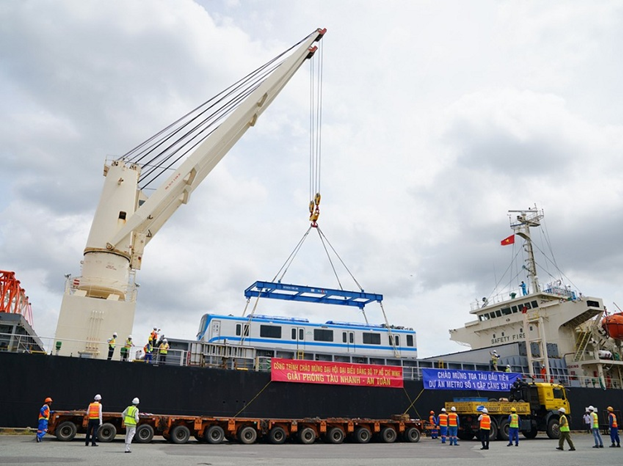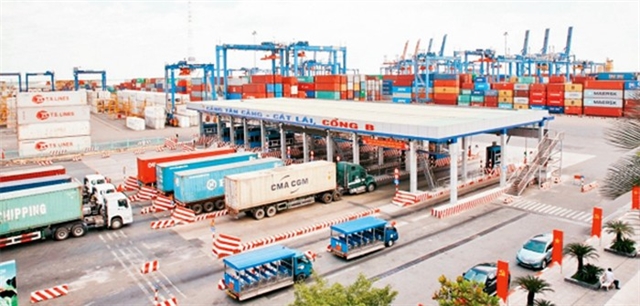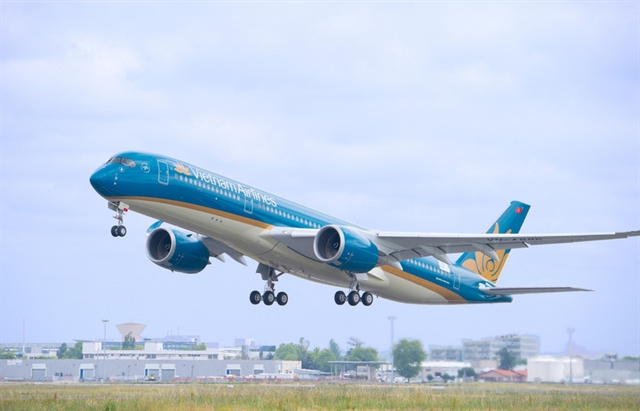 Economy
Economy

Vietnamese logistics companies need to improve their competitiveness to stay afloat when the EU-Việt Nam Free Trade Agreement comes into effect, experts have said.

|
| Vietnamese logistics firms can expect opportunities but also challenges from the EU-Việt Nam FTA, and need to make efforts to improve their competiveness. — VNA/VNS Photo |
HCM CITY — Vietnamese logistics companies need to improve their competitiveness to stay afloat when the EU-Việt Nam Free Trade Agreement comes into effect, experts have said.
Trade between Việt Nam and the EU would increase strongly thanks to the EVFTA, boosting logistics demand, they said.
The deal, currently under ratification, has a number of commitments in the logistics sector that exceed those under the WTO.
When it comes into effect, it would open the door wide to EU logistics service providers, who are highly competitive, to enter Việt Nam, Nguyễn Thị Thu Trang, director of the Việt Nam Chamber of Commerce and Industry’s WTO Integration Centre, said.
This would create competitive pressure but also bring capital, new technologies and opportunities for co-operation, she said.
"This is exactly what Việt Nam’s logistics industry needs, and is an opportunity to reduce logistics costs.”
Logistics costs in Việt Nam account for 21-25 per cent of the country’s annual GDP, 12 per cent of the cost of fishery products, 23 per cent in the case of wooden furniture, 29 per cent for vegetables, and 30 per cent for rice, much higher than that in Thailand, Malaysia or Singapore, she said.
Besides, the country's logistics infrastructure falls short of requirements, affecting the distribution of goods, and thus the competitiveness of Vietnamese goods, she said.
Therefore, the EU trade deal would be a challenge to the logistics industry but could push it into reforming and improving its competitiveness, she added.
To enable the logistics industry to benefit from the EVFTA, Nguyễn Thị Lan Phương of the Ministry of Industry and Trade’s department of multilateral trade policy said it needs to clearly understand the commitments under the agreement.
According to experts, to take advantage of the opportunities and cope with the challenges from the EVFTA, businesses need to improve their technology and logistics platform and increase digitisation and human resource training.
According to the Việt Nam Logistics Business Association (VLA), the country has 4,000 companies involved in the transportation of goods on domestic and international routes.
Việt Nam ranked 39th out of 160 countries in the World Bank’s 2018 Logistics Performance Index, a big jump from two years earlier when it was 64th. — VNS




